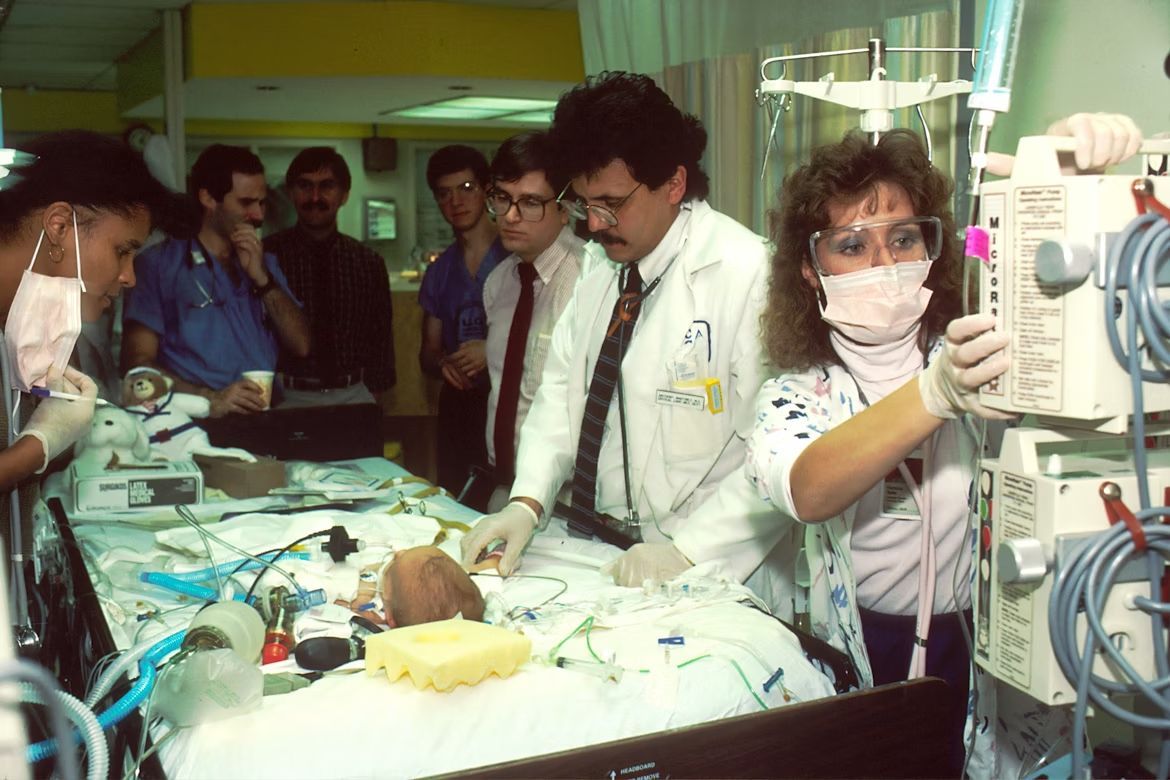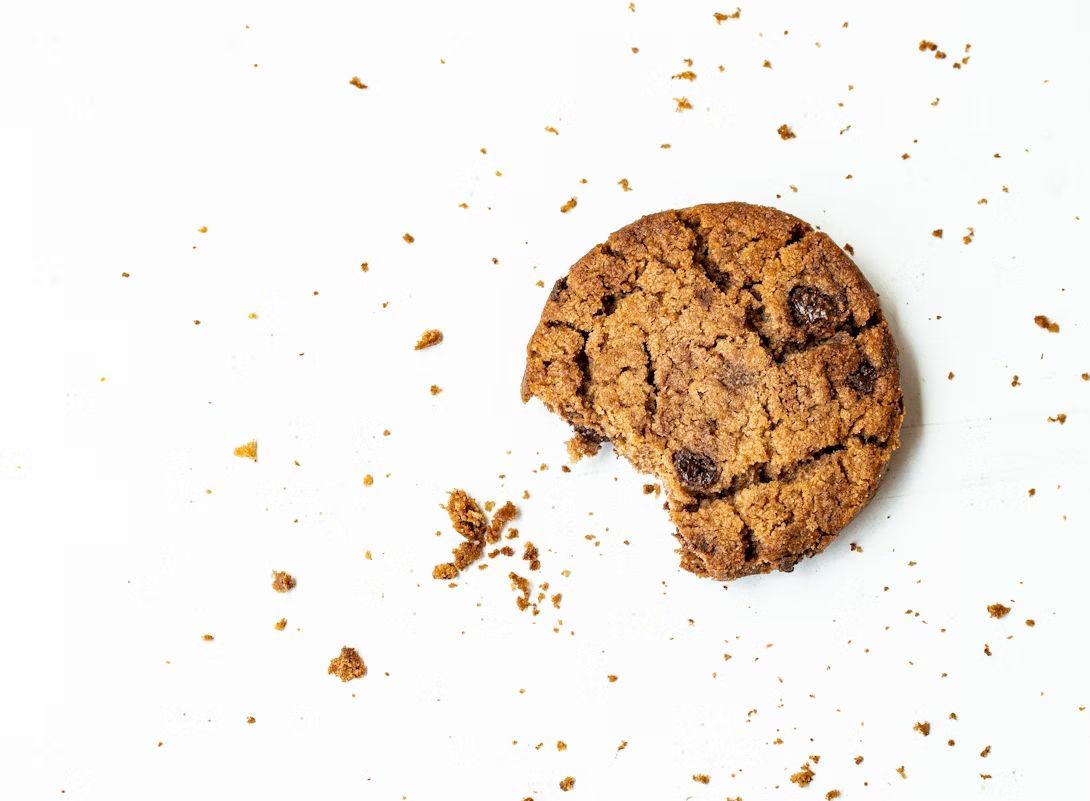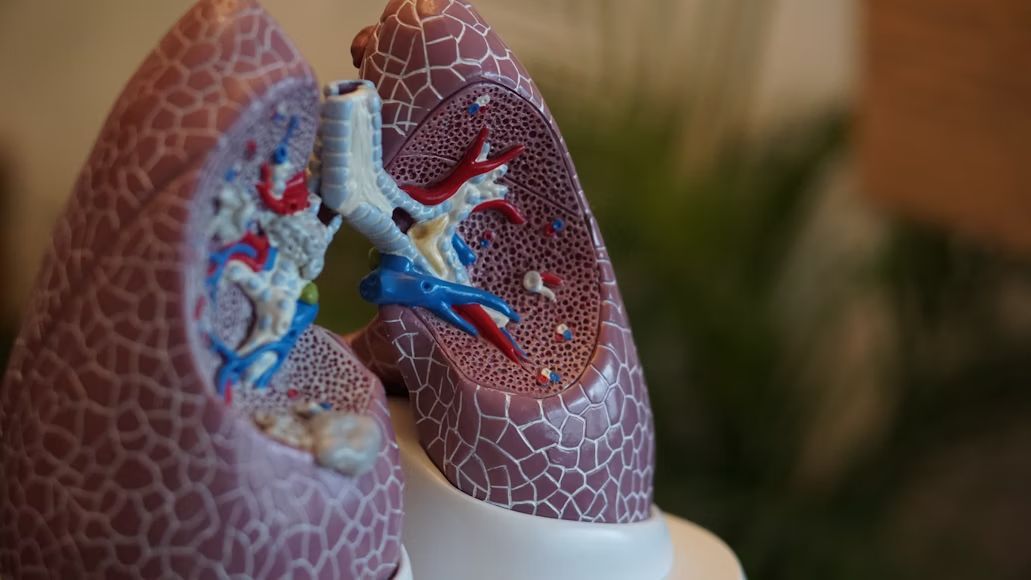Did you ever chew fat?
What does “chewing the fat” really mean? 12 social idioms explained
Published on October 18, 2025
 Credit: Isse Anarika
Credit: Isse Anarika
We often say things like "break the ice" or "hit it off" when discussing hanging out with people, without giving much thought to these idioms. But each one has a specific origin and meaning. Have you ever stopped to think about these 12?
Break the ice
 Credit: erin mckenna
Credit: erin mckenna
The phrase "break the ice" comes from the days when trade ships got stuck in frozen waters during winter. Smaller vessels, known as icebreakers, were sent ahead to clear a navigable path.
In the same way, in social situations, initiating a conversation "breaks the ice" by easing tension and helping things flow more smoothly.
Hit it off
 Credit: Priscilla Du Preez 🇨🇦
Credit: Priscilla Du Preez 🇨🇦
The phrase "hit it off" dates back to the 18th century and originally referred to striking or starting something successfully.
Over time, it evolved to describe people who instantly connect or get along well when they first meet.
Get the ball rolling
 Credit: Dave Duke
Credit: Dave Duke
When we talk about "getting the ball rolling," we mean starting something in a way that sets it in motion, like beginning plans for an event with a kickoff meeting.
The phrase comes from sports, where a game begins by putting the ball into play.
Rub elbows with
 Credit: Timothy Dykes
Credit: Timothy Dykes
To "rub elbows" means to be in close proximity to someone, often at the same event or in the same space, typically without much personal interaction.
It’s commonly used when referring to being around famous or influential people, like at a formal event or gathering.
Shoot the breeze
 Credit: Casey Lee
Credit: Casey Lee
To "shoot the breeze" means to engage in a relaxed, casual conversation, often without any specific purpose or agenda.
It’s usually more personal than small talk, which usually covers surface topics like the weather.
Get on like a house on fire
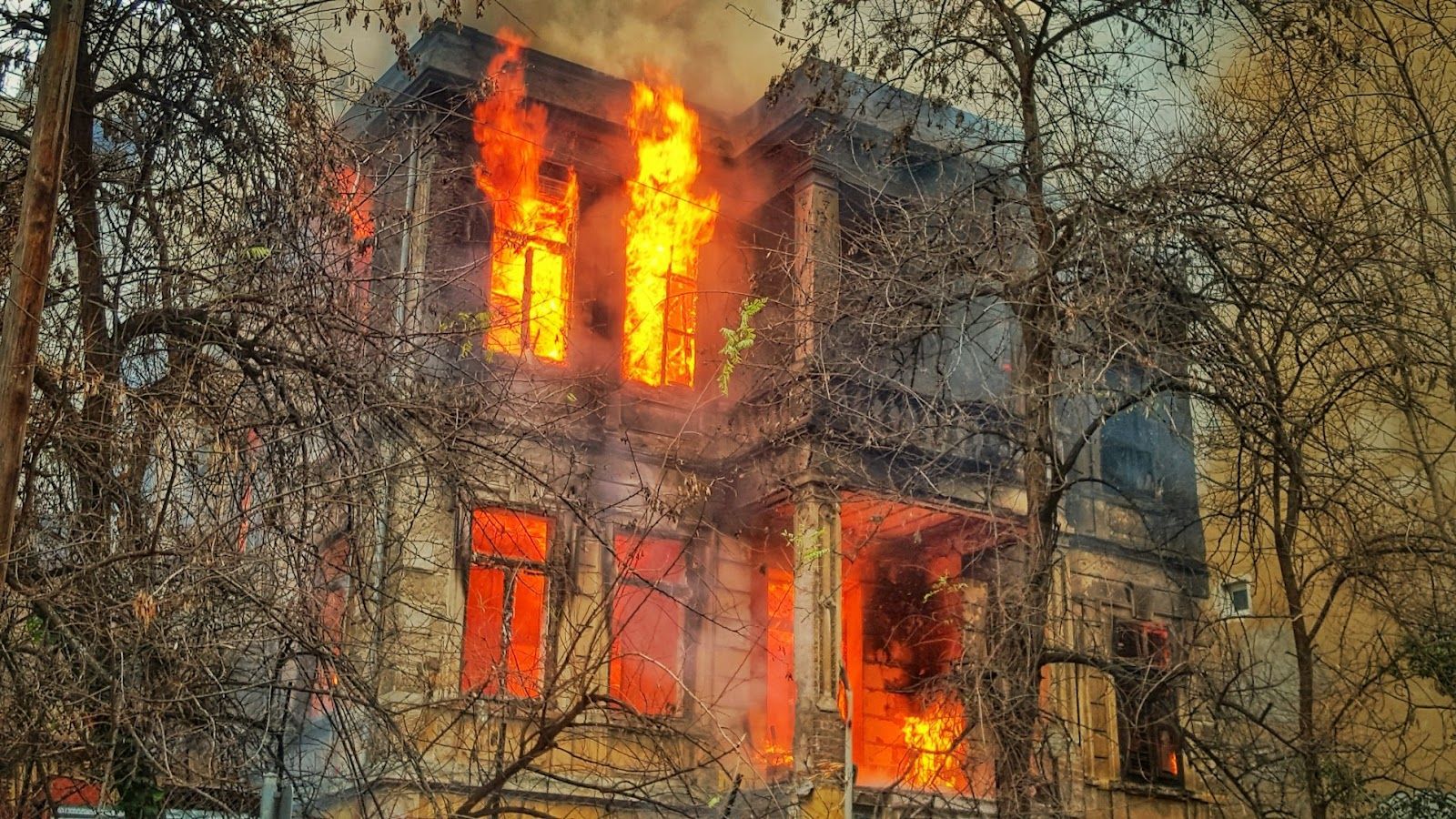 Credit: Chris Karidis
Credit: Chris Karidis
A close cousin to "hit it off," the phrase "get on like a house on fire" dates back to the 18th century and compares a fast-forming friendship to a rapidly spreading fire.
It describes people who form a strong bond or connection almost immediately after meeting.
In the same boat
 Credit: Mateusz D
Credit: Mateusz D
To be "in the same boat" means to share the same problem or challenge with others.
The phrase comes from the idea of people on a ship facing the same risks together, such as storms or other dangers at sea.
Chew the fat
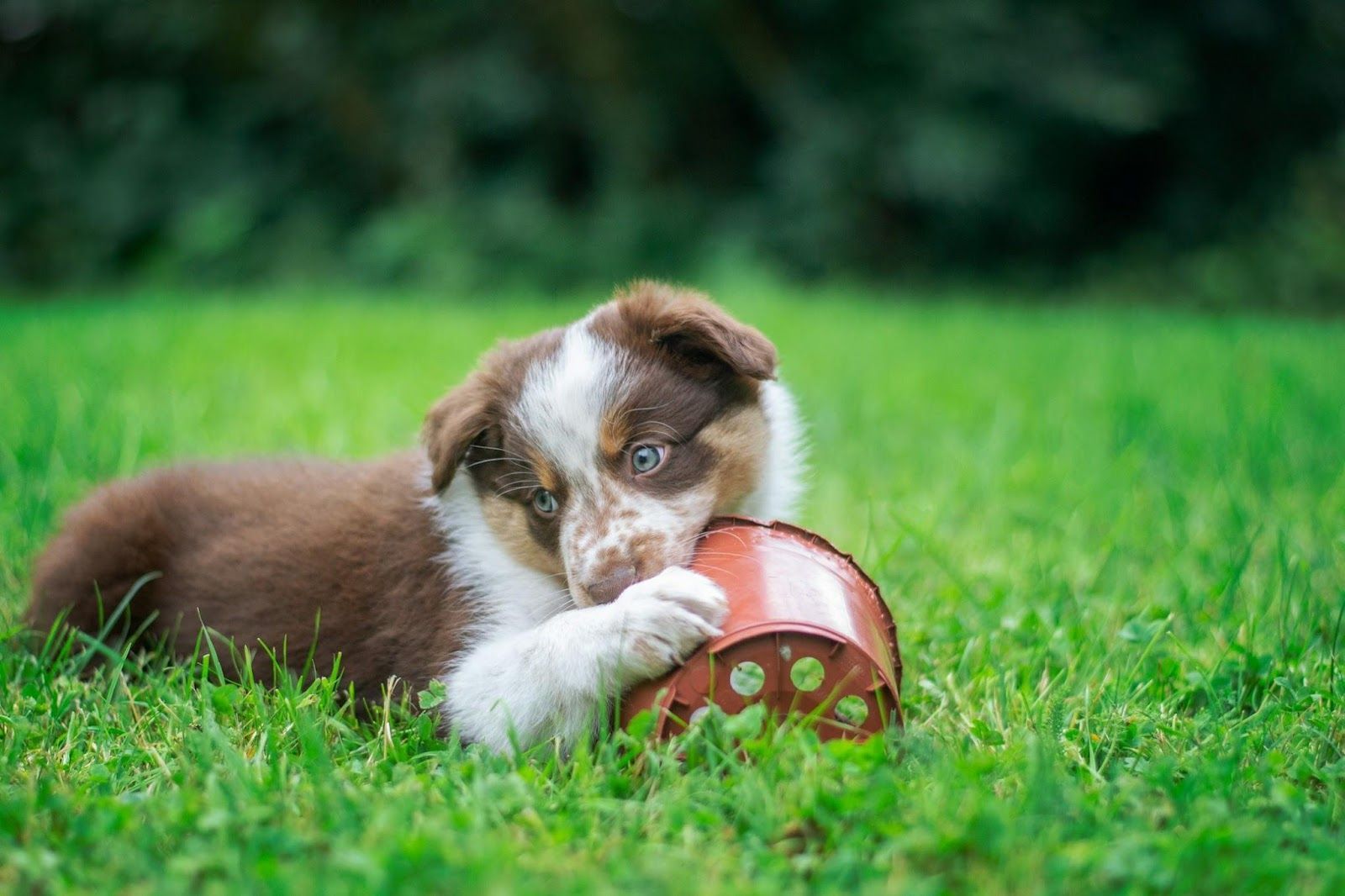 Credit: Ayla Verschueren
Credit: Ayla Verschueren
To "chew the fat" is an idiom similar to the previously mentioned "shoot the breeze," meaning to chat casually, often sharing gossip or idle talk.
The phrase evokes the image of jaws moving while speaking, much like chewing, and is associated with swapping stories or news.
Paint the town red
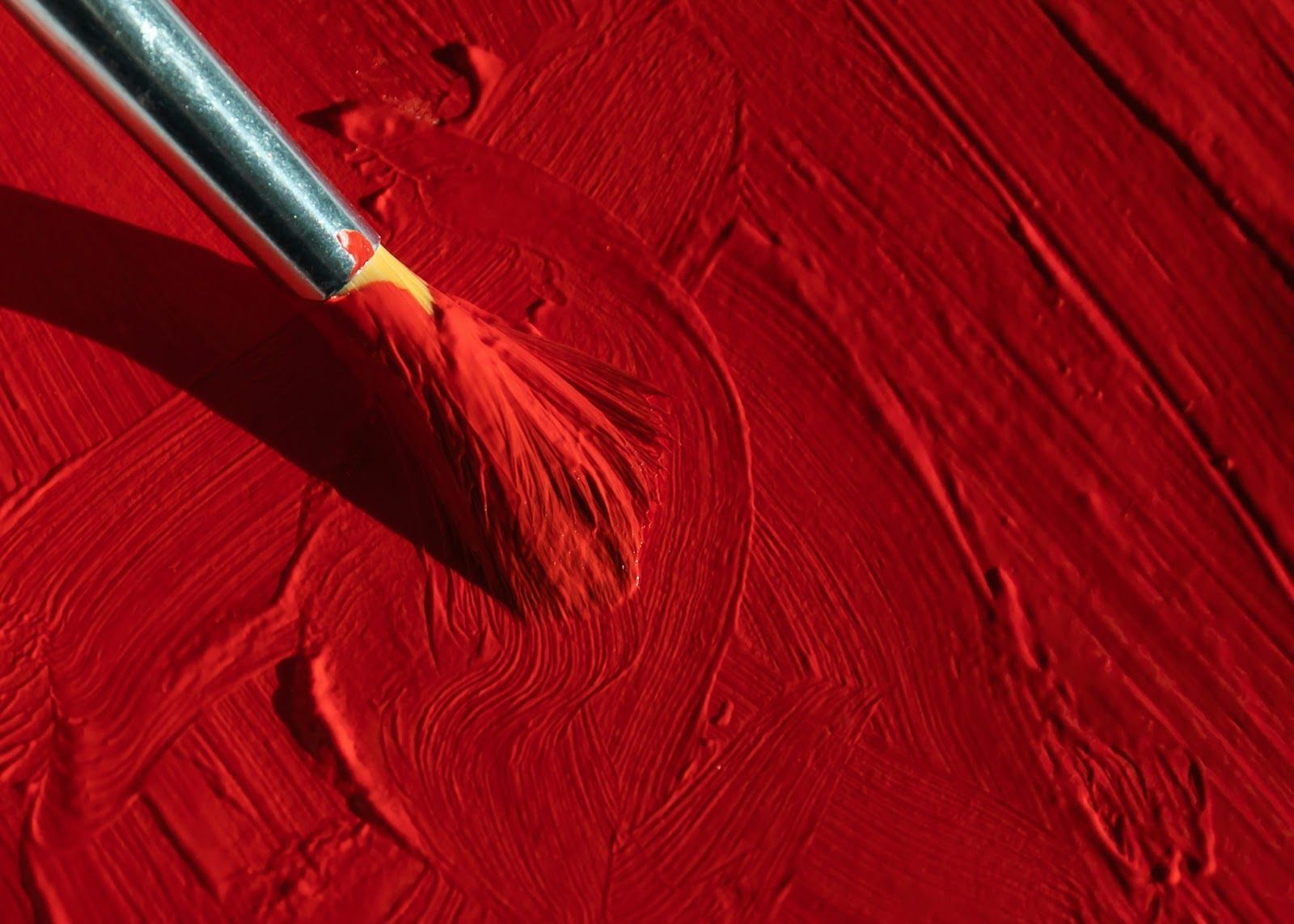 Credit: Madison Oren
Credit: Madison Oren
While it might sound a bit ominous to someone unfamiliar with the phrase, to "paint the town red" means to go out and celebrate wildly, often with drinking, dancing, and general revelry.
The expression is believed to have originated in the 1830s, when the Marquis of Waterford and his friends went on a drunken rampage through the English town of Melton Mowbray, literally painting doors and buildings red during their escapades.
Come out of your shell
 Credit: chris robert
Credit: chris robert
The expression "come out of your shell" is derived from the image of a turtle emerging from its protective shell, which symbolizes shyness or isolation.
When someone comes out of their shell, it means they are becoming more open, confident, and social.
Be on the same wavelength
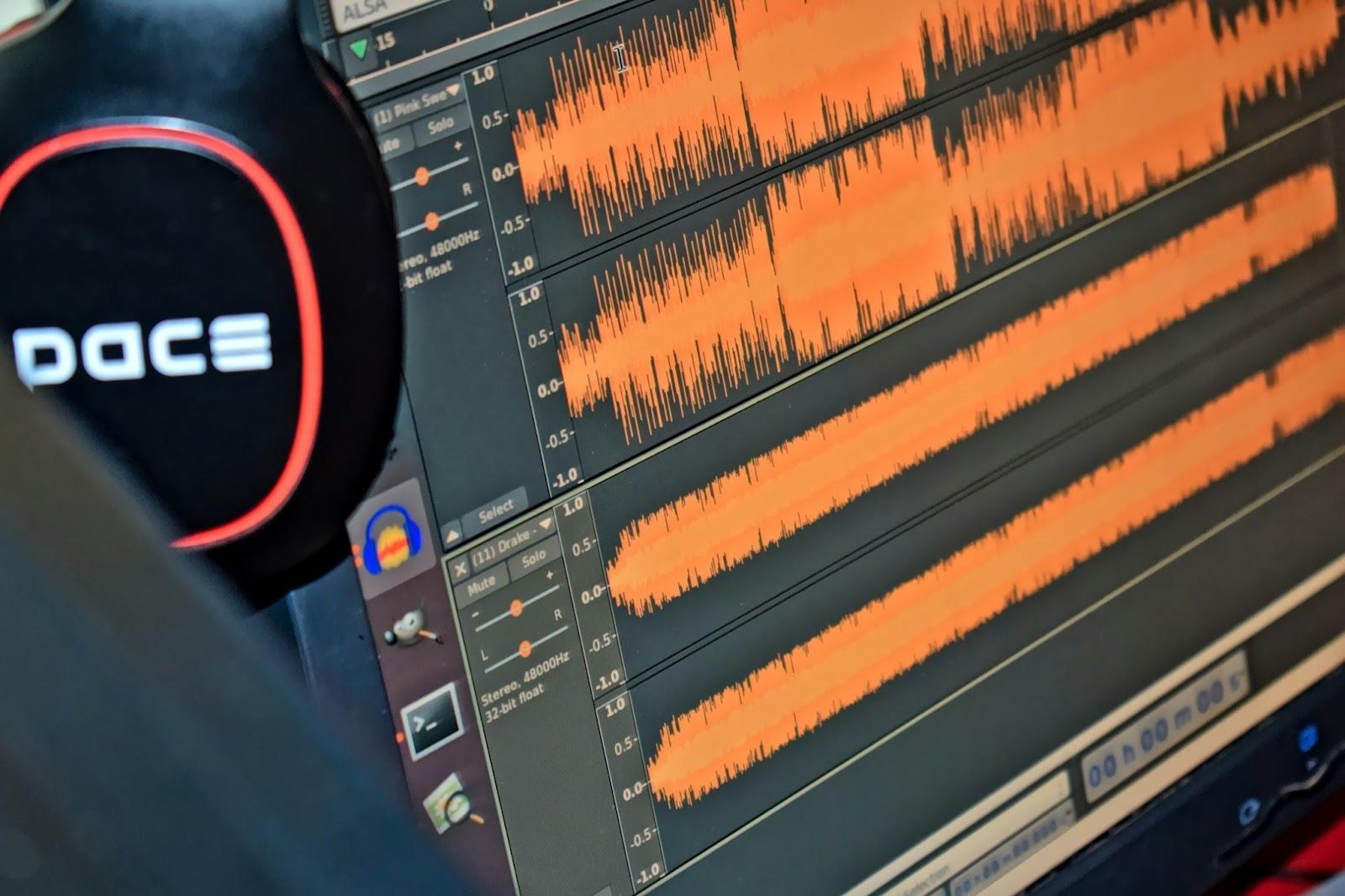 Credit: Godfrey Nyangechi
Credit: Godfrey Nyangechi
The phrase "on the same wavelength" means that two people are thinking or feeling the same kind of things.
It originates from radio technology in the 1920s, where being on the same wavelength meant that signals matched perfectly and came through clearly.
Have a heart-to-heart
 Credit: Kelly Sikkema
Credit: Kelly Sikkema
To have a "heart-to-heart" means to share an honest, emotional conversation, usually about personal matters, with someone you trust.
